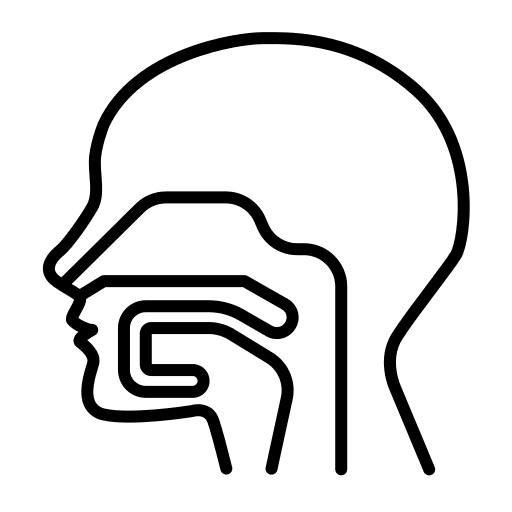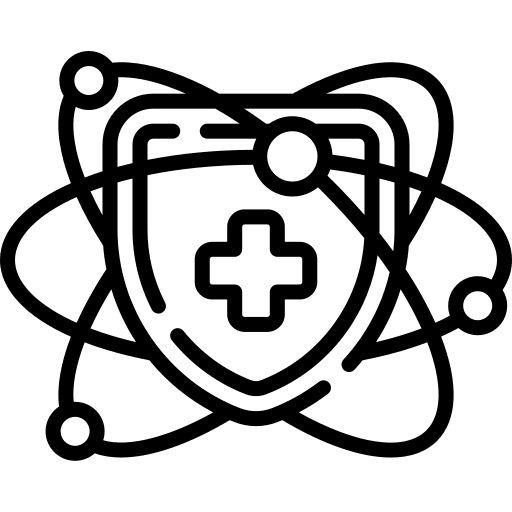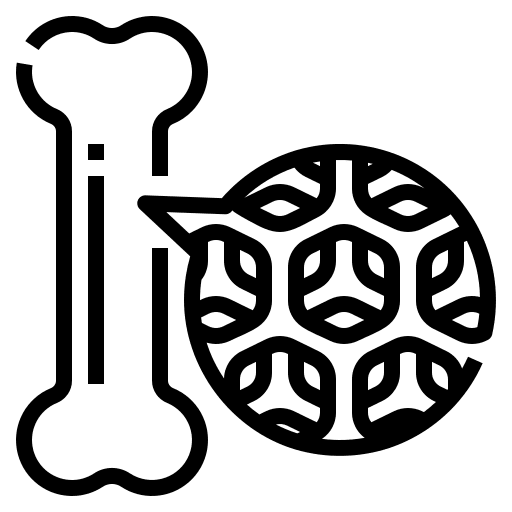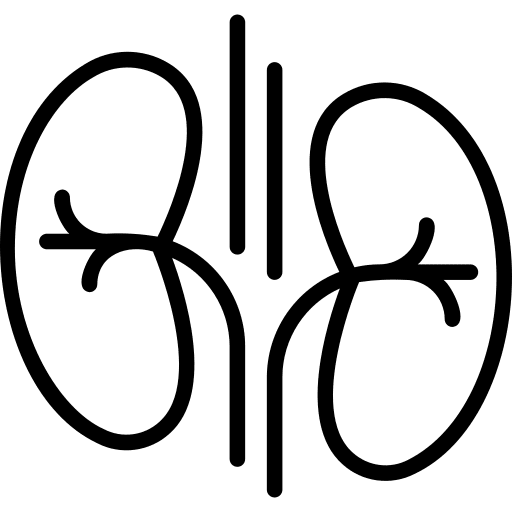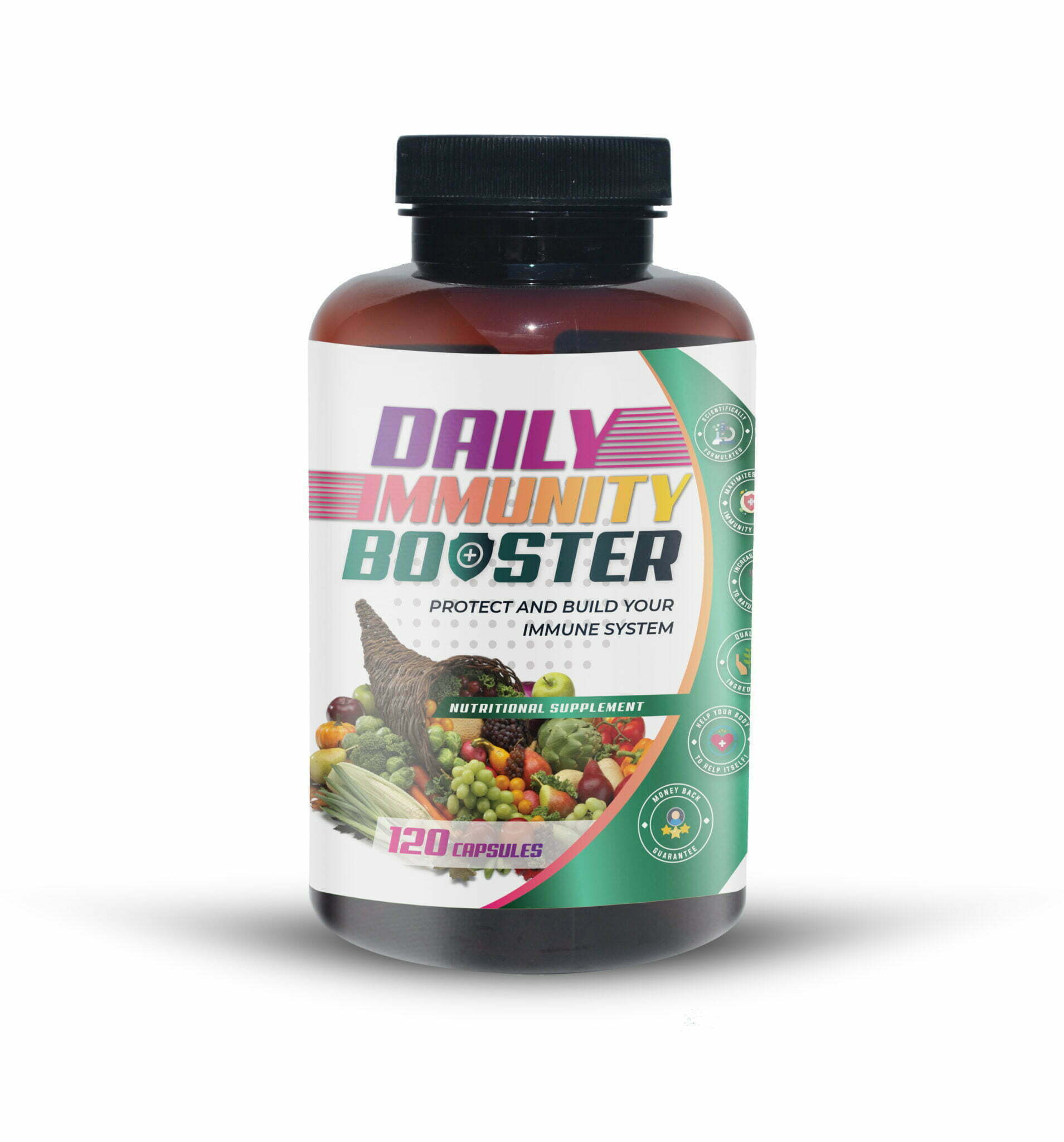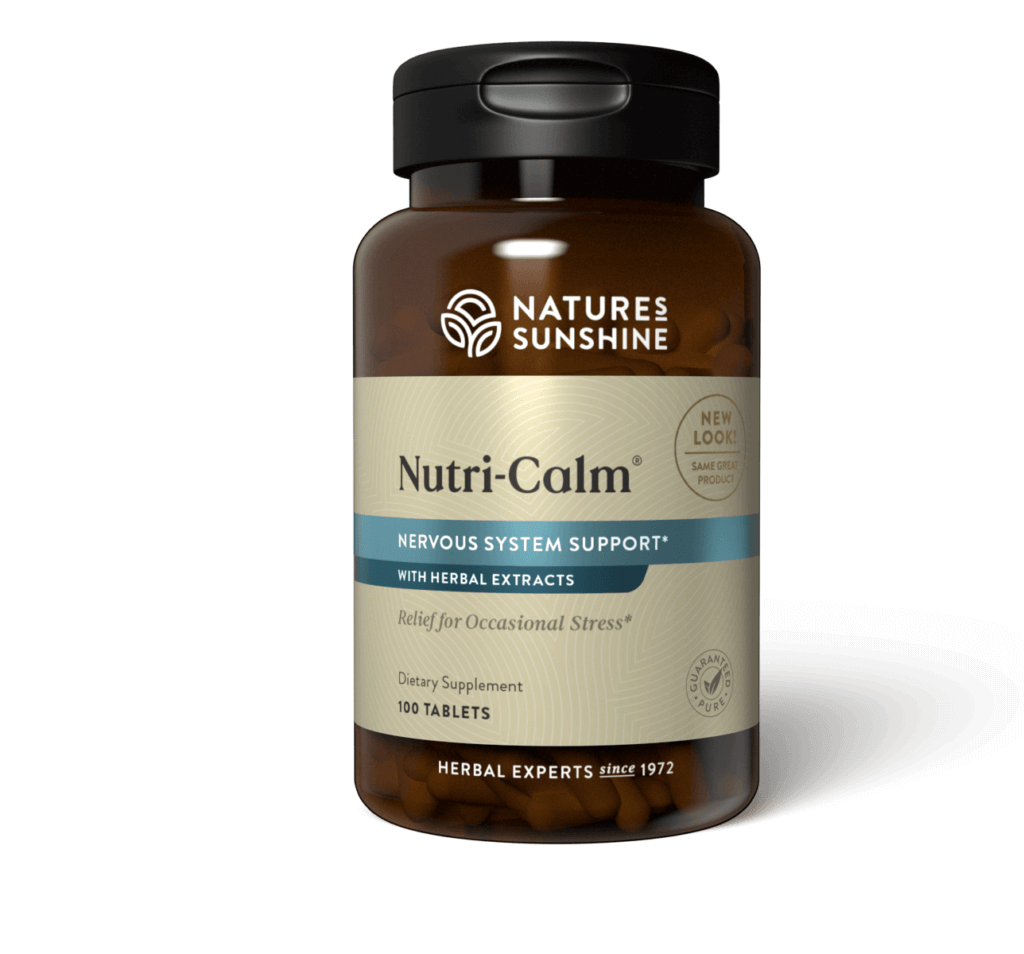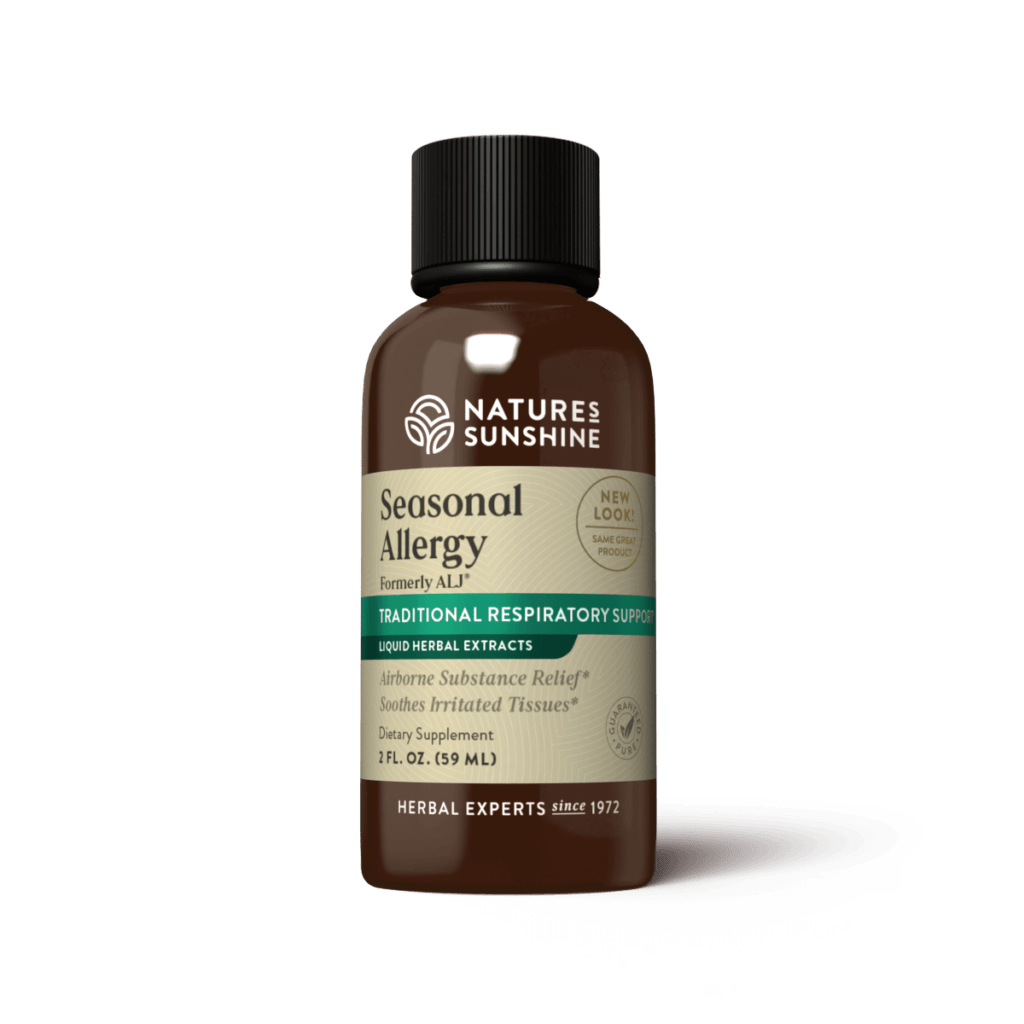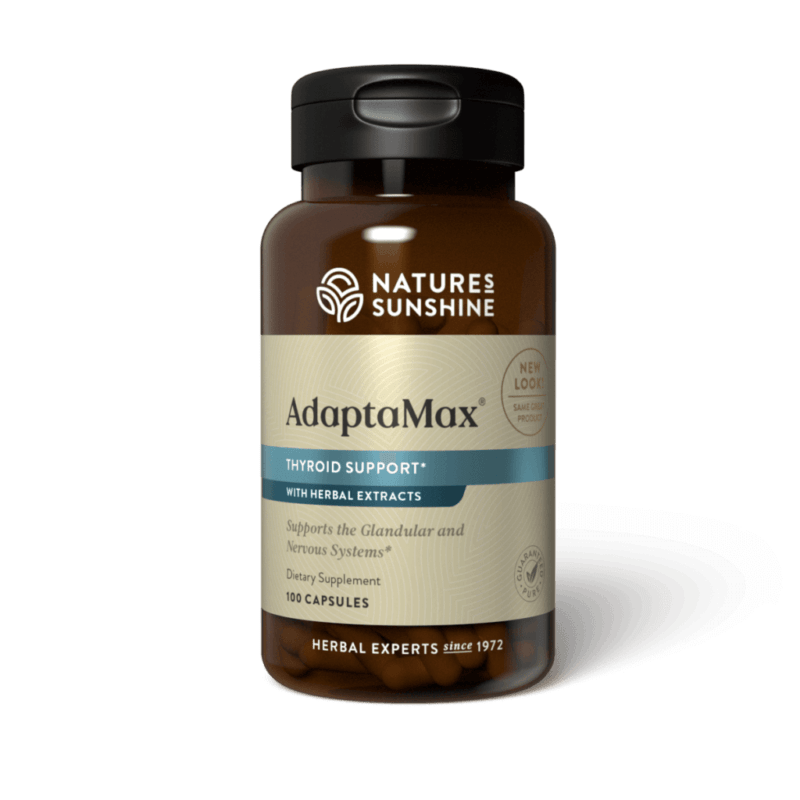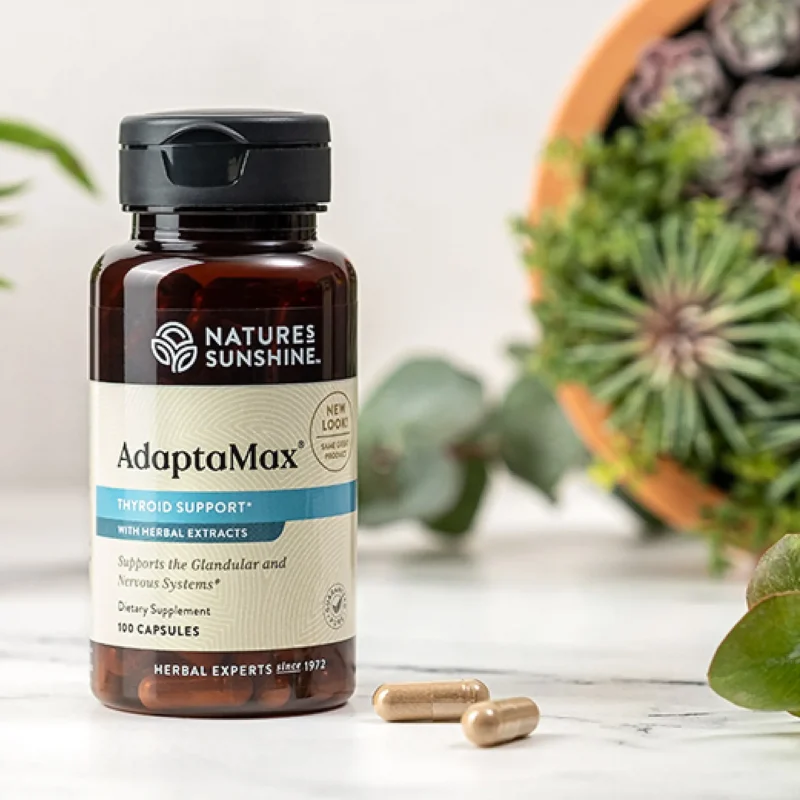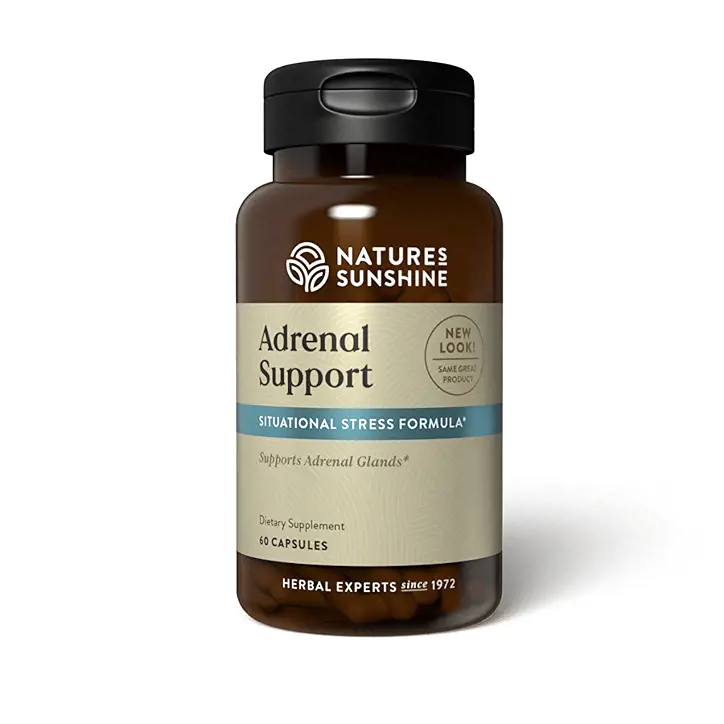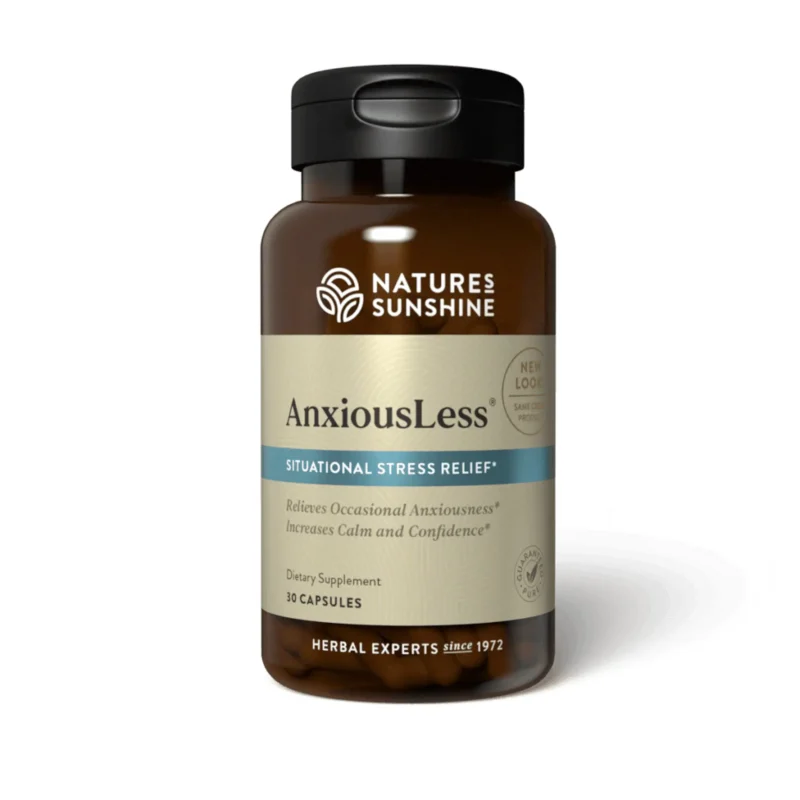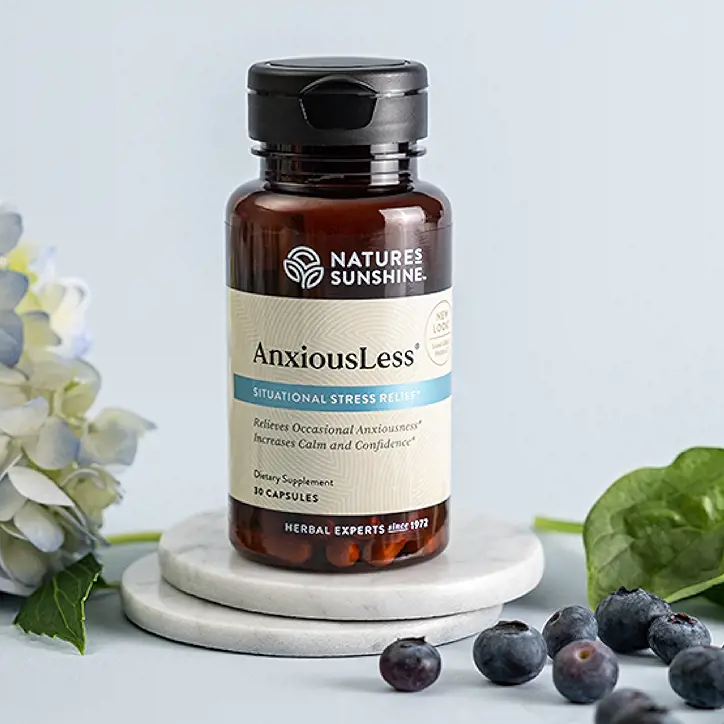Natural Approaches to Anxiety Disorders

Receive your 25% Savings and Free Shipping Below
Natural ways to treat anxiety disorder
Anxiety is a complex combination of feeling apprehension, dread, fear, nervousness and worry, in anticipation of problems or misfortune. Addressing anxiety often involves exploring various natural ways to treat anxiety disorder. If you’ve ever had to speak or perform in front of a large group of people, you’ve probably felt a little anxiety. Most people do. In fact, it’s perfectly normal to feel anxious when facing difficult, dangerous or even challenging situations.
However, for about 18% of the adult population (about 40 million people), anxiety is something far more serious and persistent. These people have anxiety disorders, which are often severe enough to interfere with family relations, socializing and work. Anxiety disorders include panic disorder (panic attacks), phobias, obsessive-compulsive disorder, post-traumatic stress disorder and generalized anxiety disorder.
Severe anxiety can manifest as shortness of breath, rapid heartbeat or heart palpitations, muscle tension, trembling, insomnia, irritability, chest pain, cold sweats, feeling faint and general feelings of stress. These symptoms are bad enough, but to make matters worse, anxiety contributes to the development of other health problems, including heart disease, high blood pressure, cancer, diabetes, and pain-related disorders such as arthritis and fibromyalgia. There is also a high correlation between anxiety and addiction to alcohol, smoking and drug use.
While there are drugs that can reduce anxiety, these medications, like all drugs, can have serious side effects. They also fail to correct some of the underlying causes of the anxiety. Fortunately, there are herbs, nutritional supplements and other natural methods that can reduce anxiety and assist people with anxiety disorders in having a normal life.
In this month’s Sunshine Sharing Hour, we’ll discuss what anxiety is, the major types of anxiety disorders and some of the natural remedies that can help.
Conditions:
Anxiety
Anxiety is defined as a state of emotional distress characterized by the presence of physical symptoms such as perspiring profusely, racing heart, palpitations, trembling, dizziness, chest pain, and dry mouth in response to a perceived threat, either immediate or anticipated. The symptoms of a panic attack include rapid, shallow breathing, extreme muscle tension to the point of cramping, and an inability to take any action at all. Support for the adrenal glands, thyroid, and neurological system is often helpful for those who suffer from anxiety and panic attacks.
Blood type A individuals have a more difficult time metabolizing the stress hormones secreted by the adrenal glands, making them more vulnerable to anxiety and panic attacks. Anxiety can be addressed with the help of adaptogens since they inhibit the body's production of stress hormones. Stay away from stimulants like caffeine. In addition, cutting out refined sugar from your diet and supplementing with B-complex vitamins, especially vitamin B6, should assist.
Using sympatholytic medicines to reduce sympathetic nervous system activity and parasympathomimetic agents to boost parasympathetic nervous system activity can help alleviate acute anxiety and panic episodes. To do this, focus on taking calm, deep breaths while taking one capsule of kava kava every ten minutes or ten drops of lobelia every two to three minutes. Take some Distress Remedy if you need to.
Anxiety Disorders
Apprehension, dread, fear, nervousness, and worry in expectation of issues or tragedy are all symptoms of anxiety. The feeling of “butterflies” or “knots” in your stomach when facing unfamiliar or “scary” scenarios is typical and signals worry. However, many people have more serious and persistent anxiety.
Anxiety can cripple family, social, and job life. Shortness of breath, rapid heartbeat, heart palpitations, muscle tension, trembling, sleeplessness, irritability, chest pain, cold sweats, fainting, and stress are symptoms. These symptoms are terrible enough, but worry can lead to heart disease, high blood pressure, cancer, diabetes, and pain-related conditions including arthritis and fibromyalgia. Alcohol, smoking, and drug addiction are also linked to anxiety.
Clinicians recognise 12 anxiety disorder categories, but the main ones include panic disorder, phobias, obsessive-compulsive disorder, PTSD, and generalised anxiety disorder. Anxiety disorders are epidemic in the US. The Surgeon General reports that 16% of 18–24-year-olds have a year-long anxiety problem. A lot of anxiety!
Most people with these diseases work full-time, many as executives and managers, and are stressed at work. Most take tranquilizers, antidepressants, or sleeping drugs to disguise their symptoms. Others “self-medicate” with alcohol, cigarettes, and drugs. There are better anxiety treatments.
Understanding Anxiety
Understanding anxiety is the first step to naturally reducing it. Not all anxiety is harmful. It’s a normal response to danger. Perception of danger releases hormones and neurotransmitters that prepare the body and mind for action. These physiological changes may help us push beyond our boundaries and perform better.
When a person is worried about giving a speech or performing in front of a group, the perceived “danger” of humiliating oneself releases hormones that actually help the individual perform better. Instead of eliminating worry, we should keep it at moderate levels so we can function well and not be paralyzed by it.
Fortunately, several inexpensive, natural remedies help control stress hormones and reduce anxiety. These natural remedies don’t only cure symptoms. They can help someone permanently overcome crippling anxiety.
Natural Remedies for Anxiety
Take adaptogenic herbs like Eleuthero Root, Adaptamax, Suma Combination, and Nervous Fatigue Formula to lower stress hormones. AnxiousLess induces adaptability. Increase rest and relaxation time. One should not avoid stress to decrease its consequences. Pleasurable experiences release hormones and neurotransmitters that reduce stress and have more positive effects than unpleasant ones. Instead of decreasing stress, we should intentionally enjoy life.
Our society's epidemic of anxiety-related ailments may be due to our busyness. We rarely relax since we're always on the run. Planning fun activities is crucial to our mental and physical wellness. Consider taking a warm bath, hot tub soak, massage, listening to calming music, or a park walk.
Get enough sleep as part of this process. Many therapies exist for insomnia. What works for you depends on your sleep issues. Read about insomnia.
Muscle tension is common in anxious people. Stretching and relaxing muscles reduces stress and anxiety. Stretching, yoga, tai chi, and massage are good options.
Supplements can relax muscles. Lobelia and kava kava induce muscle relaxation and alleviate anxiety. Kava kava is excellent for long-term use. It can calm you, boost your mood, and focus your mind.
How to control anxiety disorder naturally
1. Calming the Mind
Developing the skill to calm persistent thoughts is crucial in dealing with anxiety. Practices like prayer and meditation train the mind to find peace and distance itself from destructive thoughts. Counseling can aid in replacing these thoughts with constructive alternatives. A helpful technique involves focusing on sensory experiences, such as deep breathing while fully engaging with your surroundings. This approach effectively reduces stress and worry, and it's cost-free.
2. Fear (excessive)
Excessive fear may indicate adrenal or kidney weakness. Herbal remedies like KB-C, known for bolstering kidney energy, or supporting adrenals with licorice root or ginseng could be beneficial. Additionally, certain essential oils might help combat excessive fears.
3. Nervous Exhaustion
Similar to adrenal exhaustion, nervous depletion arises after prolonged stress, leaving the nervous system drained. Individuals might experience shakiness, fatigue, and nervousness. Nerve tonics, along with Epsom salt baths and specific essential oils, aid in rejuvenating the nervous system.
4. Sleep (restless and disturbed)
Restless nights, frequent waking, or disturbing dreams might signal adrenal fatigue or nervous depletion. Eliminating congestion-causing foods and avoiding caffeine could be necessary for better sleep quality.




